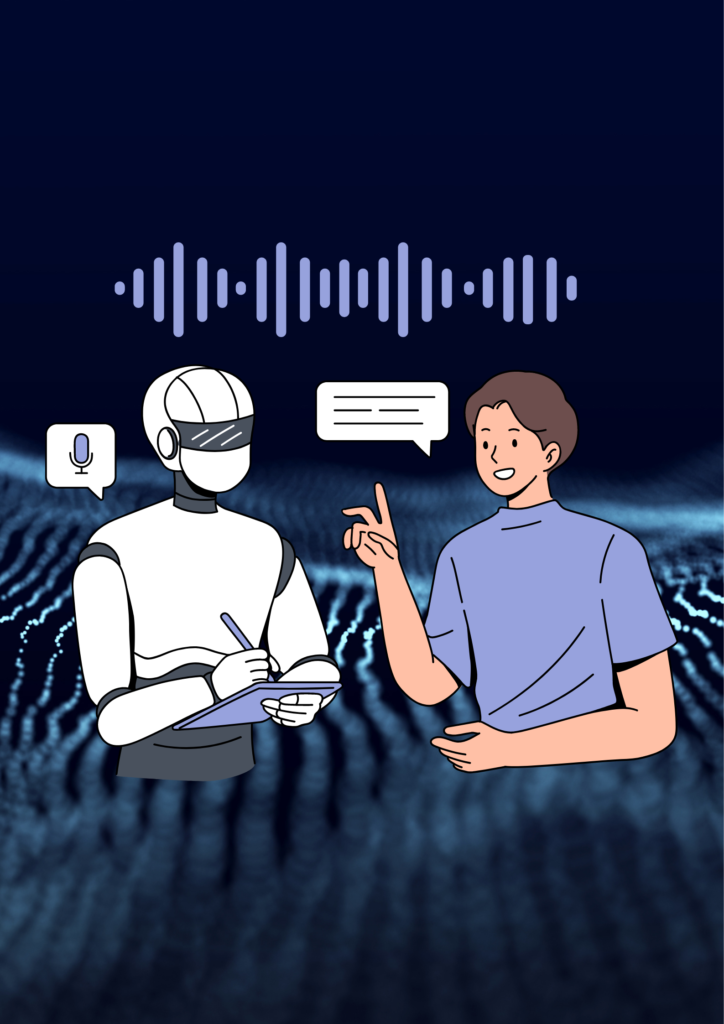Generative AI: A New Era of Creativity

Generative AI, a subset of artificial intelligence, has emerged as a groundbreaking technology capable of producing human-quality content, from text and images to music and code. This transformative tool is revolutionizing various industries, from art and design to healthcare and customer service.
How Generative AI Works
At its core, generative AI utilizes complex algorithms and vast datasets to learn patterns and structures within existing data. By understanding these patterns, the AI can then generate new, original content that closely resembles the source material. This ability to create novel content has opened up countless possibilities across different domains.
Creative Applications of Generative AI
In the realm of art and design, generative AI is challenging traditional notions of creativity. Artists are experimenting with AI-generated pieces, exploring new styles and techniques that would be difficult or impossible to achieve manually. AI can generate unique visual compositions, write original scripts, and even compose music, expanding the boundaries of human artistic expression.
Beyond the Creative Arts
Beyond the creative arts, generative AI is finding applications in various industries. In healthcare, it is being used to develop new drug candidates, analyze medical images, and even generate personalized treatment plans. In customer service, AI-powered chatbots can provide instant responses to customer inquiries, reducing wait times and improving overall satisfaction.
Ethical Considerations
However, the rise of generative AI also raises important ethical concerns. There are concerns about the potential for AI-generated content to be used for malicious purposes, such as spreading misinformation or creating deepfakes. Additionally, the use of AI in creative fields raises questions about the nature of originality and the role of human artists in a world where machines can generate content.
As generative AI continues to evolve, it is essential to address these ethical challenges and ensure that its development and use align with societal values. By carefully considering the implications of this technology, we can harness its potential to create a more innovative, creative, and equitable future.
In conclusion, generative AI represents a significant advancement in artificial intelligence, with the potential to revolutionize various industries. While ethical concerns must be addressed, the benefits of this technology are undeniable. By understanding the capabilities and limitations of generative AI, we can leverage its power to enhance human creativity, improve efficiency, and drive innovation.




















